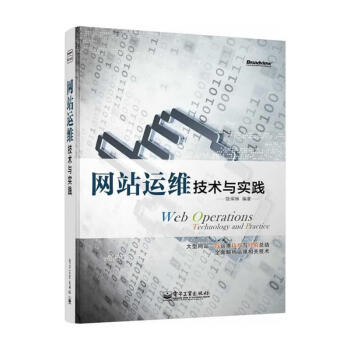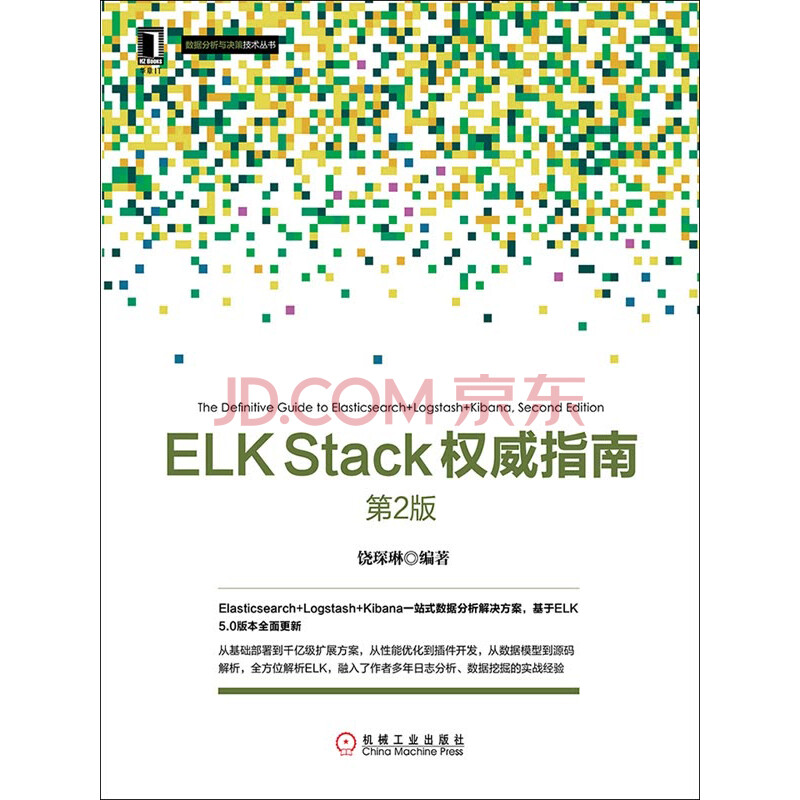Squid的ACL分类
10 January 2010
在找http_status的acl用法时,看到这么一句“This clause supports both fast and slow acl types”。acl还分快慢呢~~赶紧去wiki看:http://wiki.squid-cache.org/SquidFaq/SquidAcl#Fast_and_Slow_ACLs
Some ACL types require information which may not
be already available to Squid. Checking them requires suspending
work on the current request, querying some external source, and
resuming work when the needed information becomes available. This
is for example the case for DNS, authenticators or external
authorization scripts. ACLs can thus be divided in
FAST ACLs, which do not require going to external
sources to be fulfilled, and SLOW ACLs, which do.
Fast ACLs include (as of squid 3.1.0.7):
all (built-in)
src
dstdomain
dstdom_regex
myip
arp
src_as
peername
time
url_regex
urlpath_regex
port
myport
myportname
proto
method
http_status {R}
browser
referer_regex
snmp_community
maxconn
max_user_ip
req_mime_type
req_header
rep_mime_type {R}
user_cert
ca_cert
Slow ACLs include:
dst
dst_as
srcdomain
srcdom_regex
ident
ident_regex
proxy_auth
proxy_auth_regex
external
ext_user
ext_user_regex
This list may be incomplete or out-of-date. See
your squid.conf.documented file for details. ACL types
marked with {R} are reply ACLs, see the dedicated FAQ
chapter.
Squid caches the results of ACL lookups whenever
possible, thus slow ACLs will not always need to go to the external
data-source.
Knowing the behaviour of an ACL type is relevant
because not all ACL matching directives support all kinds of ACLs.
Some check-points will not suspend the request:
they allow (or deny) immediately. If a SLOW acl has to be checked,
and the results of the check are not cached, the corresponding ACL
result will be as if it didn't match. In other words, such ACL
types are in general not reliable in all access check clauses.



